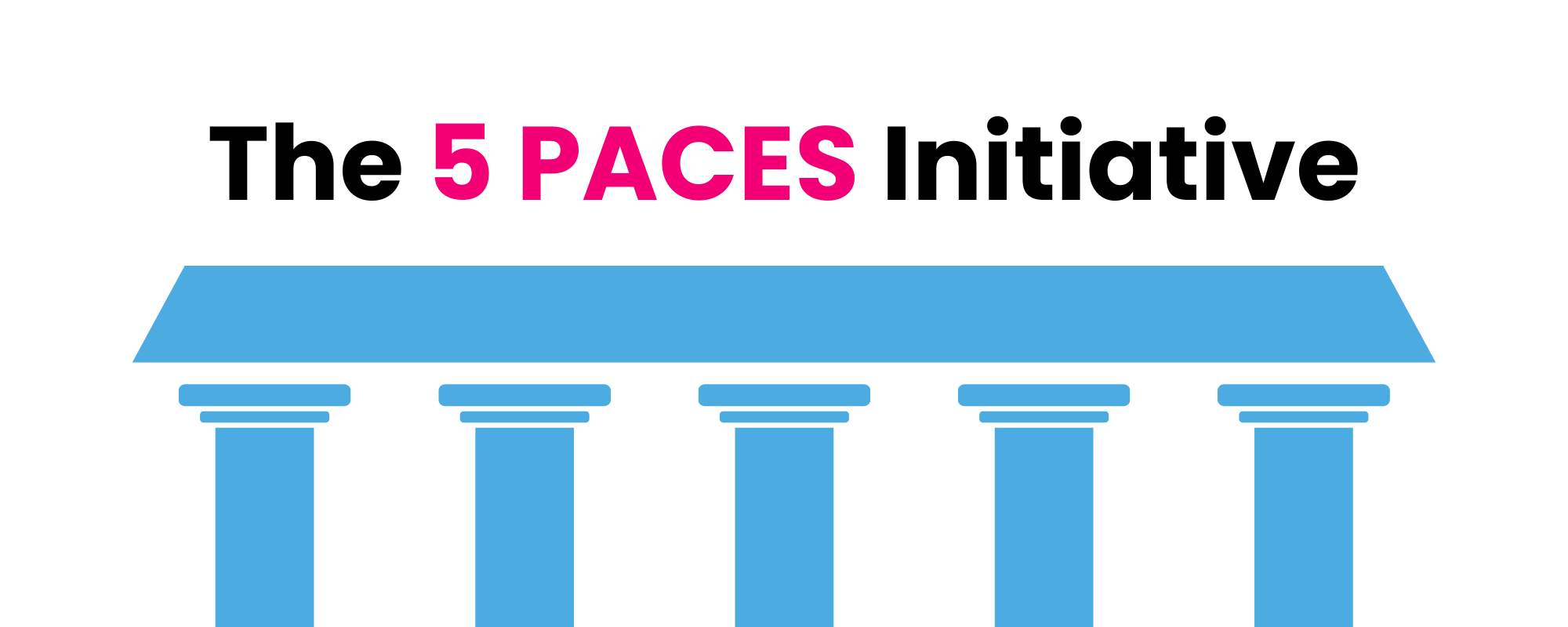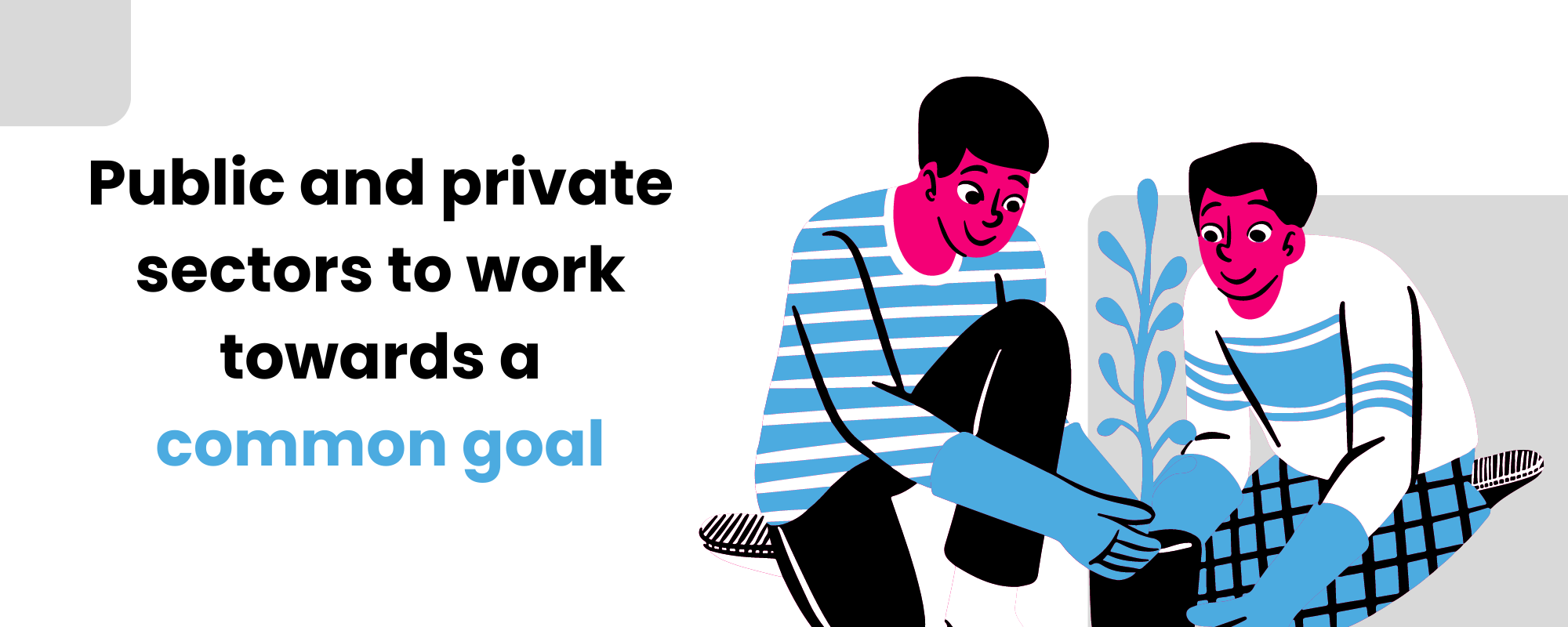The Philippines is facing a major challenge in terms of digital transformation due to the lack of quality education, with many communities being overlooked and deprived of access to such resources. To address this issue, the Private Sector Advisory Council (PSAC) has launched a campaign called GoDigital Pilipinas (GDP) with the objective of helping to boost the Philippine economy by equipping Filipinos with the knowledge and tools to transition to digital.
The committee, composed of leading experts, aims to collaborate with both the private and public sectors to create a sustainable ecosystem that will enable the country to keep pace with the rest of the world in terms of digital transformation.
Henry Aguda, PSAC Digital Infrastructure Sector Lead, is leading the GDP movement. The Five-PACES initiative, under GDP, will be launched in collaboration with the Technical Education and Skills Development Authority (TESDA) and the Inter-Agency Council on Philippine Digital Workforce. This initiative aims to help Filipinos in different age groups and social classes have access to digital resources, so that they can participate in the digital economy and acquire the necessary digital skills to thrive in a digital world.
The Five-PACES initiative is composed of five pillars that will serve as the framework for the program’s implementation. These include:

- Policies and programs that promote the development of digital infrastructure and services – this will focus on the development of policies that will support the creation and expansion of digital infrastructure and services across the country.
- Expansion of access to digital technologies and digital literacy training to all citizens – this will aim to provide digital tools, infrastructure, and training to all Filipinos, regardless of their age or social status.
- Development of digital skills and capabilities – this will focus on the development of programs and initiatives that will enhance the digital skills and capabilities of Filipinos, including digital literacy, coding, and other related skills.
- Promotion of digital entrepreneurship and innovation – this will aim to create an ecosystem that will support the development of digital entrepreneurs and innovators in the country.
- Security of digital rights and privacy – this will focus on the development of policies and programs that will protect the digital rights and privacy of Filipinos in the digital space.
In addition, the Philippines has sought help from the ASEAN (Association of Southeast Asian Nations) to expedite digital transformation in the region. During the 3rd ASEAN Digital Ministers Meeting and Related Meetings (ADGMIN) held in Boracay, the Philippines pushed for the use of artificial intelligence (AI) and analytics to enhance the region’s digital transformation.

The Philippines recognizes that digital transformation is essential for the country’s economic growth and development. The GDP movement is a testament to the country’s commitment to achieving this goal, as it brings together the public and private sectors to work towards a common objective. The initiative aims to create an inclusive digital ecosystem that will enable all Filipinos to participate in the digital economy, regardless of their social and economic status.